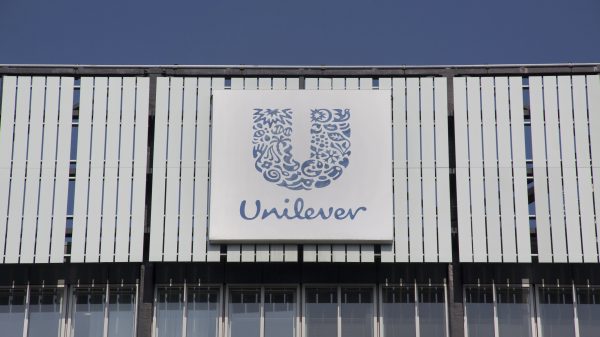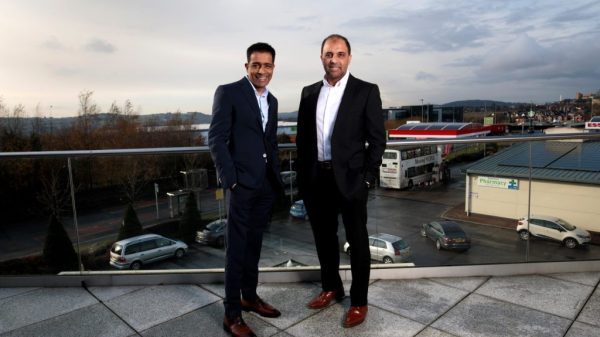Fairtrade has described BBC Panorama’s Sex for Work expose as a “#MeToo moment for tea”, as the investigative report alleged gross sexual misconduct and gender-based violence (GBV) on Kenyan tea plantations.
Titled ‘Sex for Work: The True Cost of Our Tea’, the BBC One show shone a spotlight on an abuse of power in the workplace that Fairtrade says has its “roots in a global patriarchal system of gender-based oppression”.
The investigation revealed that out of the 100 women interviewed by the BBC, 70 of the women working on the tea farms in question had admitted to experiencing sexual misconduct by their bosses and hiring managers. Fairtrade called the expose the “#MeToo moment for tea”, saying it should “spark a global movement for the entire agricultural system.”
“I can’t lose my job because I have kids,” one woman told the BBC’s Tom Odula. “It is just torture; he wants to sleep with you, then you get a job.”
According to the World Health Organization (WHO), gender-based violence or violence against women and girls (VAWG) is a global pandemic that affects one in three women in their lifetime.
Subscribe to Grocery Gazette for free
Sign up here to get the latest grocery and food news each morning
Although the allegations raised in the Panorama documentary do not refer to Fairtrade-certified estates, the allegations alone were enough to trigger Fairtrade’s protection and safeguarding policy, including meeting with stakeholders to determine best practice guidelines in adherence to local and applicable laws.
Fairtrade said it: “unequivocally condemns all sexual harassment, abuse, and violence”, adding that “no one should have to find work in exchange for sex and workers should never be subjected to sexual abuse and violence in their workplace”.
“Each day, millions of working women and women farmers remain at risk of abuse and harassment which threatens their livelihoods, economic futures, and mental and physical well-being. This is inexcusable, unacceptable, and it must end.”
Fairtrade also highlighted that while gender equity is being addressed in global food systems, “the road to ending gender-based violence in agriculture is still a long one”.
It called on global stakeholders to work together for “sustainable and long-lasting results in ending gender-based violence against women workers in agriculture”, urging them to include women in leadership positions where they can “help detect, analyse, report, and set up systems necessary to addressing gender-based violence and abuse”.
It also highlighted the need for further change at a management level, emphasising that any deciding body on gender-based violence that only includes men is “inadequate” and must be “immediately adjusted to include women”.
Fairtrade concluded, saying that no single organisation has the answer to resolving gender-based violence. Instead, a “collective effort is needed with all strategic stakeholders working together to end this crisis once and for all. Together, we can make a difference. The time to act is now.”
It comes as Sainsbury’s promised it would take ‘robust action’ to safeguard workers in its supply chain after sexual abuse was uncovered at a tea farm owned by one of its suppliers in Kenya.











1 Comment. Leave new
thanks for info